T4K3.news
DC policy shift on sanctuary status
Bondi’s directive loosens limits on DC police cooperation with federal immigration authorities, drawing local pushback and a legal challenge.
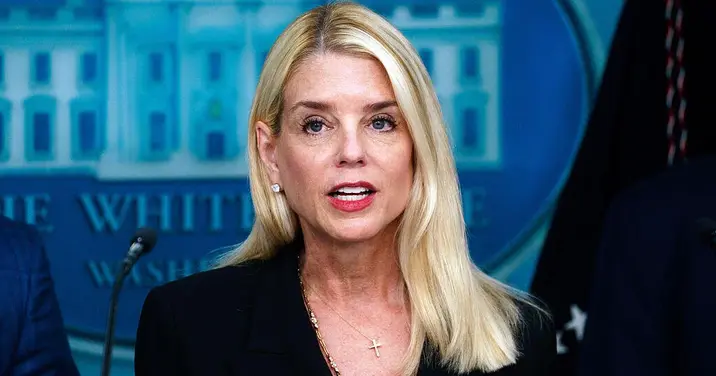
A policy shift in Washington DC allows police to cooperate more fully with federal immigration authorities, prompting legal pushback from city leaders.
Bondi expands cooperation with federal immigration agents in DC
Attorney General Pam Bondi issued a directive that removes strict limits on how DC police can cooperate with federal immigration agencies, effectively reversing sanctuary policies in the capital for the time being. The move coincides with a broader federal crackdown on immigration enforcement, including the deployment of National Guard troops and agents from agencies like ICE and the DEA. Bondi named Terry Cole, head of the DEA, as emergency police chief in DC under a 30-day emergency power framework.
Local officials, led by DC Mayor Muriel Bowser’s office and the district's attorney general, Brian Schwalb, challenged the move, arguing it may not be authorized by federal law and that officers should follow local orders. Schwalb emphasized that police are bound to the mayor’s directives and not to directives from officials not appointed by the city. The clash highlights a struggle over DC's home rule and the scope of federal influence as the city navigates this high-profile crackdown.
Key Takeaways
"D.C. will not remain a sanctuary city"
Bondi’s stated policy position on sanctuary status
"It is my opinion that the Bondi Order is unlawful, and that you are not legally obligated to follow it"
Statement by Brian Schwalb, DC Attorney General
"Police officers in the capital must continue to follow Smith's orders and not the order of any official not appointed by the Mayor"
Schwalb’s clarification on obedience to local leadership
The shift tests the balance between local governance and federal authority in a setting that is supposed to protect local autonomy. If federal power can override city policies through emergency declarations or directives, it could reshape how communities interact with immigration enforcement and who bears responsibility for public safety. The immediate effect may be uncertainties on the ground and concerns among immigrant communities about trust in local police.
Politically, the move signals a clear push from the Trump administration to project control over border-related enforcement in the nation’s capital. Legal challenges are likely as district leaders question the legality of the order and the jurisdictional boundaries of home rule. The episode could become a test case for sanctuary policy debates in other cities and for how federal and local authorities coordinate during emergencies.
Highlights
- D.C. will not remain a sanctuary city
- It is my opinion that the Bondi Order is unlawful
- Police officers in the capital must continue to follow Smith's orders
- This move tests the limits of DC home rule and local accountability
Legal and political backlash risk
The order tests DC home rule and could trigger lawsuits, funding fights, and civil rights concerns. Local officials dispute legality, signaling potential long legal battles and public controversy.
The balance between local governance and federal power will be tested in courts and communities.
Enjoyed this? Let your friends know!
Related News
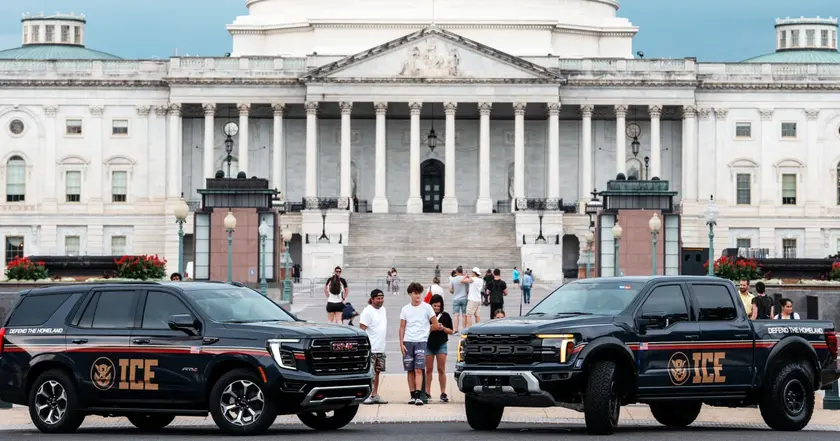
DC police to boost ICE cooperation
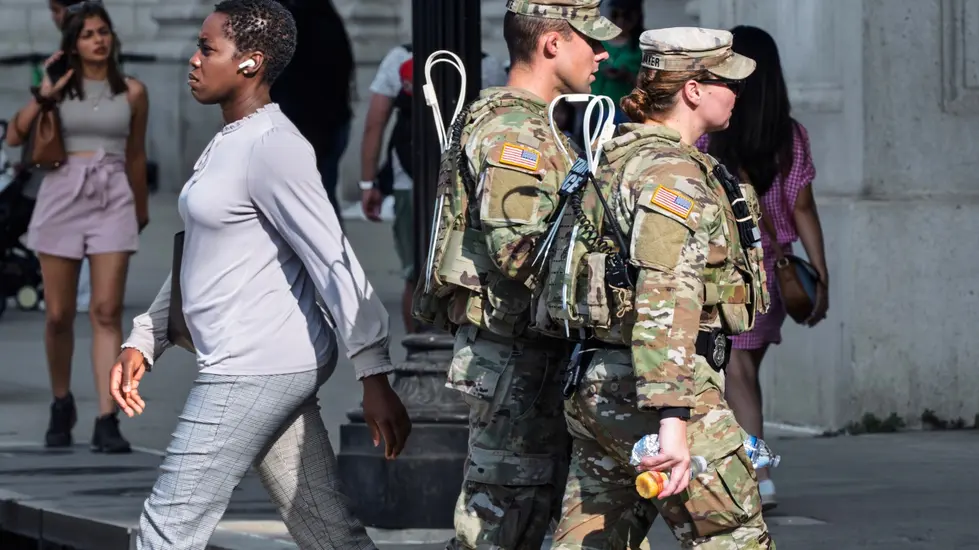
Federal police powers take hold in DC
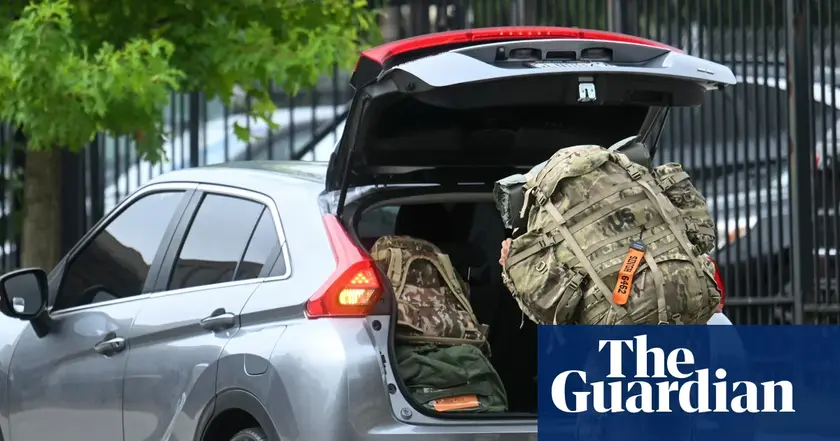
National Guard in DC raises sharp questions
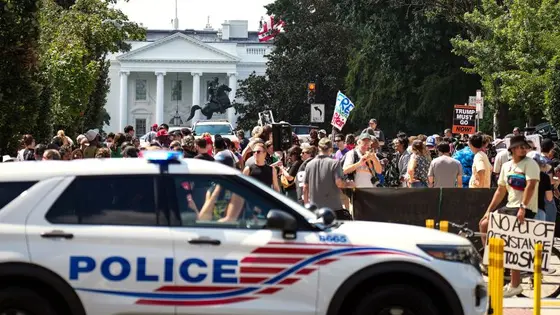
Federalization of DC police tests local autonomy
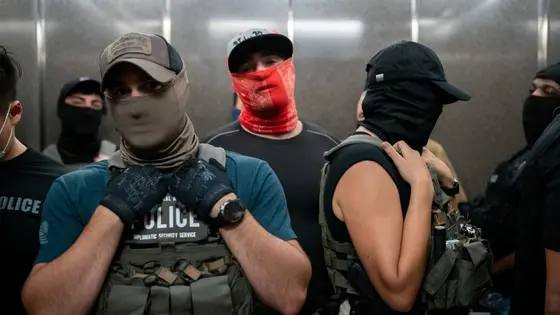
ICE arrests immigrants differently in red and blue states
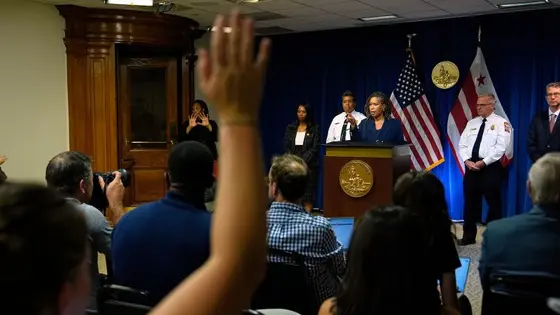
Bowser weighs response to federal policing in DC
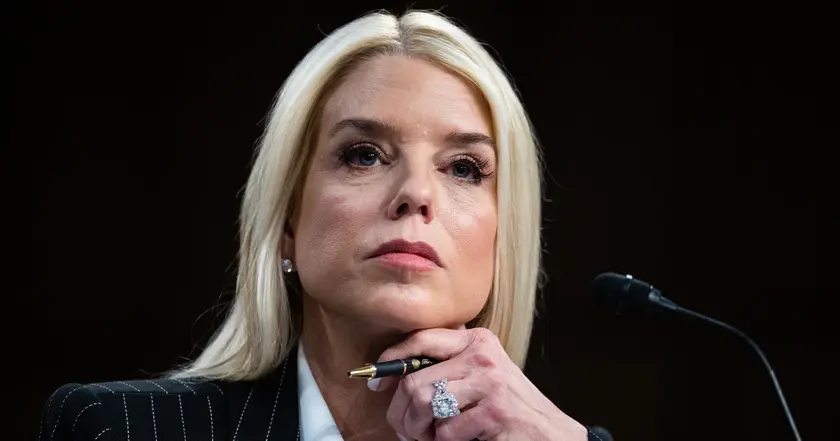
Bondi names DEA head as emergency DC police chief
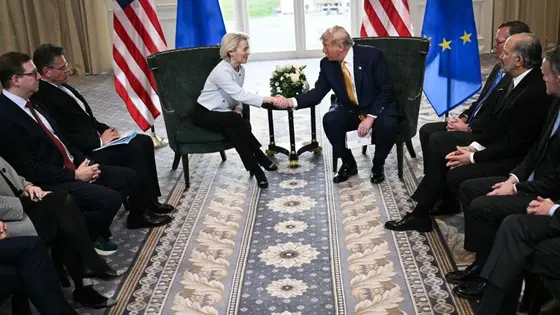
Trump achieves key trade goals amid turbulence
